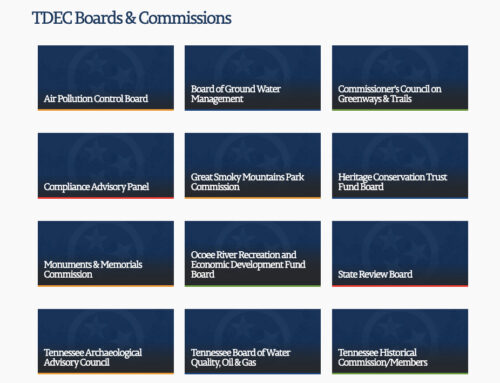From the Knoxville News Sentinel Editorial Board, on a bill to make public records access easier:
A legislative effort to make it easier for Tennesseans to file public records requests deserves the full-throated support of all who value open government.
A bill that would clarify what constitutes a written public records request recently received the approval of a key House panel and is on track to become law during this session.
The bill, sponsored by state Rep. Courtney Rogers, R-Goodlettsville, would require records custodians that accept requests for documents in writing “to accept a handwritten request submitted in person or by mail, an email request, or a request on an electronic form submitted online.”
Current law does not specify what constitutes a written request, an ambiguity that some local officials have used to block or delay access to public records. Rogers’ bill would force more agencies to come into compliance with the state’s Public Records Act.
USA TODAY NETWORK – Tennessee has reported the legislation was prompted in part from a lawsuit in Rogers’ district last year when the Sumner County Board of Education denied a records request made by email.
A judge ruled appropriately that the district violated the Tennessee Public Records Act by denying the request. But the district has appealed, spending more than $100,000 so far on the legal fight, and some groups, such as the Tennessee Schools Boards Association, have filed briefs opposing email requests.
The problem has not gone unnoticed by government watchdog groups. In a letter of support to Rogers, Deborah Fisher, executive director of the Tennessee Coalition for Open Government, expressed support for the bill.
“We have tracked problems with government entities in Tennessee who, despite using email for other government business, refuse to recognize a citizen’s legitimate and lawful public records request simply because they received it by email” Fisher wrote. “Instead, they insist a citizen come in person to make a request or send it through the U.S. Postal Service.”
Local government agencies can vary considerably in their responses to records requests. The bill would give local governments clear guidance in how to comply with the law and give citizens more options in how to approach officials for documents.
Some subcommittee members raised concerns about imposing restrictions on local officials – a stance seldom adopted in the Legislature. State Rep. Darren Jernigan, D-Old Hickory, tipped the discussion toward acceptance by pointing out that the bill would make it easier for people with disabilities to obtain public records. Jernigan has been paralyzed from the waist down since a car crash in 1990.
Coupled with a law that requires state and local agencies establish a formal public records policy by July 1, the bill would broaden access to public documents for all citizens. The Public Records Act is one of the pillars of open government in Tennessee, and lawmakers should take advantage of every opportunity to strengthen it.




